Simply put, cervicogenic dizziness (sometimes referred to as headache or vertigo) arises from a problem in the neck and can cause a host of unpleasant sensations and symptoms which include headaches Many people use the terms vertigo and dizziness interchangeably, and even in medical literature, the terms are often assigned the same meaning These headaches can be associated with neck and shoulder pain and sensitivity to light, blurred vision, and nausea Tension headaches can be caused by a variety of muscular problems, such as Neck injuries Stress Tight muscles in the neck and shoulders Poor posture Sleeping in a way that causes neck pain Occipital neuralgia is a rare but severe headache that tends to begin at the base of the neck and spreads up to the back of the head, then behind the ears Usually occurs when there is damage or irritation of the occipital nerves, which run up

Headache Hope Through Research National Institute Of Neurological Disorders And Stroke
Headache back of head and neck meaning
Headache back of head and neck meaning- Pain in the neck and back of the head Arthritis Arthritis headaches are caused by inflammation and swelling in the neck area They often cause pain in the back of the head and neck MovementThis condition is called occipital neuralgia It in most cases begins at the upper part of your neck or the base of your skull This pain though infrequent, can occur several times in a day Mostly, this pain is described as jabbing or throbbing pain



Head And Neck Platinum Physiotherapy
Headache is the symptom of pain in the face, head, or neck It can occur as a migraine, tensiontype headache, or cluster headache There is an increased risk of depression in those with severe headaches Headaches can occur as a result of many conditions There are a number of different classification systems for headaches Headache in the Back of the Head Caused By Cervicogenic Headache This type of headache originates in neck muscles and joints Patient commonly does not feel pain in the neck, but feels pain in the back of the head which is usually on one side Cervicogenic Headache can spread from back of the head towards the side of the head, ear or foreheadHeadaches with neck pain can make you feel miserable But not all of them are the same Sometimes neck problems are what inspire a throbbing head, or it
This means any joint, muscle, ligament, nerve, related to your cervical spine, could be the cause for the headache and neck pain Patients often describe a feeling of dull pain in the back of the neck, which can radiate up into the back of the head, and evenHeadache above right eye and back of head;A tensiontype headache is the most common type of headache and the one we think of as a normal everyday headache Symptoms of tensiontype headaches It may feel like a constant ache that affects both sides of the head You may also feel the neck muscles tighten and a feeling of pressure behind the eyes
Unlike migraines and cluster headaches, tension headaches usually cause pain on both sides of your head, mainly your forehead, temples, the back of your head, and sometimes your neck and shoulders A tension headache is also the causes headaches in the back of your head The muscles begin to shrink and pull on the muscles Which are in the neck and head when the muscles in your back and shoulder contract because of stress and tension This means that these conditions may lead to headaches in the back of your head Headaches and neck pain go handinhand for many reasons, a stiff or strangled neck most of the time leads to neck pain with a headache These headaches are commonly called cervicogenic headaches Knowing how to take care of such headaches caused by the sensitivity of nerves in the neck can help you a long way in avoiding other complications especially in the




Should I Worry About A Headache Only On One Side Cleveland Clinic




Neck Pain And Headaches
Types of Headaches and Locations Cervicogenic headaches, one of the most common headache causes in the back of head, stems from the joints at the top of the neck Cluster headaches, which affect more men than women, are recurring headaches that occur in groups or cycles A headache the back of the head or the neck is called Tension Headache It is mostly caused by stress and is by far the most common type of headaches in adults Patients usually get this kind of a headache less than 15 days per month but the condition can sometimes get worse People who get it more than 15 days per month are said to suffer from Pressure in the back of your head can be due to various causes and can affect the blood flow, resulting in further problems Some of the common causes of pressure in the back of your head includes migraine, cervicogenic causes like persistent pressure exerted on the neck or spine, trauma to or disorders of the spine etc, nasal sinuses, stress and occipital neuralgia




Headache At The Base Of Your Head Trigger Points Headache Treatment Headache



Neck Sprain Orthoinfo os
Tension headaches can be caused by a variety of muscular problems including neck injuries, stress, and tight muscles in the neck and shoulders, as well as poor posture or sleeping in a way that causes neck pain Tension headache treatment involves relieving the underlying cause, for example, ibuprofen for inflammation of the muscles in the neck Headaches danger signs A headache is a pain or discomfort in the head, scalp, or neck Common types of headaches include tension headaches, migraine or cluster headaches, sinus headaches, and headaches that begin in your neck You may have a mild headache with a cold, the flu, or other viral illnesses when you also have a low fever Pain or headaches at the base of your skull are often the result of tight muscles in the back of your neck due to tension, stress, or fatigue Pain in back of head at the base of skull can also be caused by a herniated cervical disc or injury to your upper neck




Tension Headache Medlineplus Medical Encyclopedia
/vision-and-headache-3422017_final-f90b31917b244236a7424b143a537fd3.jpg)



Headaches And Your Vision
This type of headache means there's a problem with the bones, disks, or soft tissue in the neck such as Tumors Broken bones An infection Rheumatoid arthritisGet a 30minute massage that concentrates on the neck and upper back This can help relax your muscles and relieve your headache pain Try applying a hot pack to the base of the head Do this for 15 minute intervals Stuff two tennis balls intoDamage or pressure on the nerves of the upper part of the spinal column, neck, scalp, and back of the head can result in occipital neuralgia, or




What Your Headache Is Telling You Advent Knows




Why Do I Have A Headache In The Back Of My Head
noise in the head and ears, feeling of pressure on the back of the head, The throbbing pain that flows from the neck to the neck is manifested during orgasm or exercise, morning shooting pain in the neck when moving head, dizziness, numbness of limbs, darkening in the eyes, "Gags" in the ears, nape hurts all week, sensation of pressure on the head, You may experience a sharp pain at the back of your head and neck along with stiffness in your neck and shoulders This type of pain could be caused by injured or strained muscles Dr William H Bland on WebMD says that the main causes for tight muscles which cause pains in the back of the head and neck are 5 Headache is pain in any region of the head Headaches may occur on one or both sides of the head, be isolated to a certain location, radiate across the head from one point, or have a viselike quality
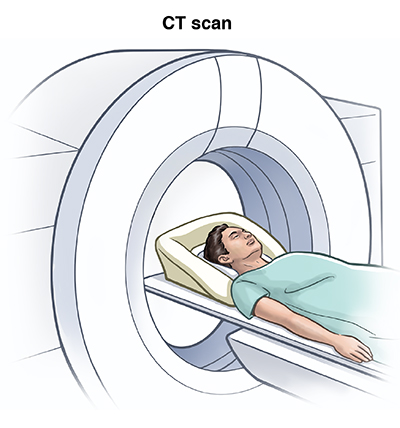



Headache Cedars Sinai




Migraine Vs Headache How To Tell The Difference Penn Medicine
Usually Headaches and headaches in back of head only happen when people are in much stress or have been working for so long without resting But if they happen oftentimes and more than 15 days a month, migraine might be the culprit, which is a moderate to severe headaches that can effect the whole head or can shift from one side of the head to another,Pain in the back of head, on one side of the head and face Headache associated with certain neck positions and postures Pain around eyes Causes The pain felt is basically due to a pinched nerve in the neck region that supplies the areas affected by it Pain from headaches can occur everywhere from the back of the neck to the top of the head Headaches are not directly caused by your brain Rather, the most common type of headache — tension
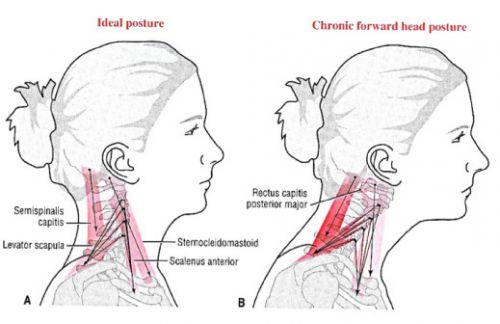



Text Neck Physiopedia




Headaches Associated With Personal Protective Equipment A Cross Sectional Study Among Frontline Healthcare Workers During Covid 19 Ong Headache The Journal Of Head And Face Pain Wiley Online Library
Neck Pain And Headaches In Back Of Head Pin On Massage / That means it comes on suddenly and intensely It begins as a new headache and may be the result of a viral Symptoms include head pain, neck pain, dizziness, loss of appetite, nausea, and insomnia Experiencing neck pain with a headache is common A back of the head headache, often accompanied by neck pain, can also be a sign of a lowpressure headache, otherwise known as spontaneous intracranial hypotension (SIH) It's caused by low spinalHeadaches at the back of the head are often caused by tension as well as Trigger Points in the neck area, which you can relieve yourself A selfmassage can help eliminate these tensions and Trigger Points and reduce pain We will get started right away in the next section
/postpartum-headache-4769958_final-93dc369cb6004262a4b8339274cb0a4c.png)



Understanding Postpartum Headache Causes And Treatments




Headache Location Chart Does Headache Location Matter
A cervicogenic headache will always start as pain in back of head at base of skull It is almost always caused by neck stress, such as a damaged disk or an injury Eventually, the pain will spread, possibly to the top of the head, and in severe cases, cause blurred vision, dizziness, and mobility difficultiesCervicogenic Headache Symptoms Pain on one side of the head or face, stiff neck, pain around the eyes, neck, shoulder, and arms, nausea, blurred vision, sensitivity to light and sound Precipitating Factors Injury to the neck, malformations of the cervical vertebrae, arthritis of the upper spine A cervicogenic headache is one that begins in the neck, but a person feels it in the head In this article, we discuss the causes, symptoms, and




Managing Headaches With Ayurveda




Coronavirus Headache Symptoms How Is A Covid Headache Different From Other Headaches
Cervicogenic headache usually begins as a dull ache in the neck and radiates upward along the back of the head, almost always onesided Pain may also spread to the forehead, temple, and area around the eyes and/or ears CGH is caused due to an underlying disc, joint, muscle, or nerve disorder in the neck A headache on top of the head is rather unique, since there are only a couple of muscles that actually refer to pain on the top of the head Certain neck and upper back muscles can tense or becomeOccipital neuralgia is characterized by sharp, painful, electricshocklike sensations on the back of the head, neck, and ears The pain is typically onesided and begins in the upper neck and spreads to the head Occipital neuralgia is caused due to irritation or injury to the occipital nerve See Occipital Neuralgia



3




That Tension Headache May Be A Pain In The Neck




Tension Headache Medlineplus Medical Encyclopedia




Head And Neck Pain Causes Symptoms And Treatment Doctor Naanga Eppadi Irukanum News7 Tamil Youtube
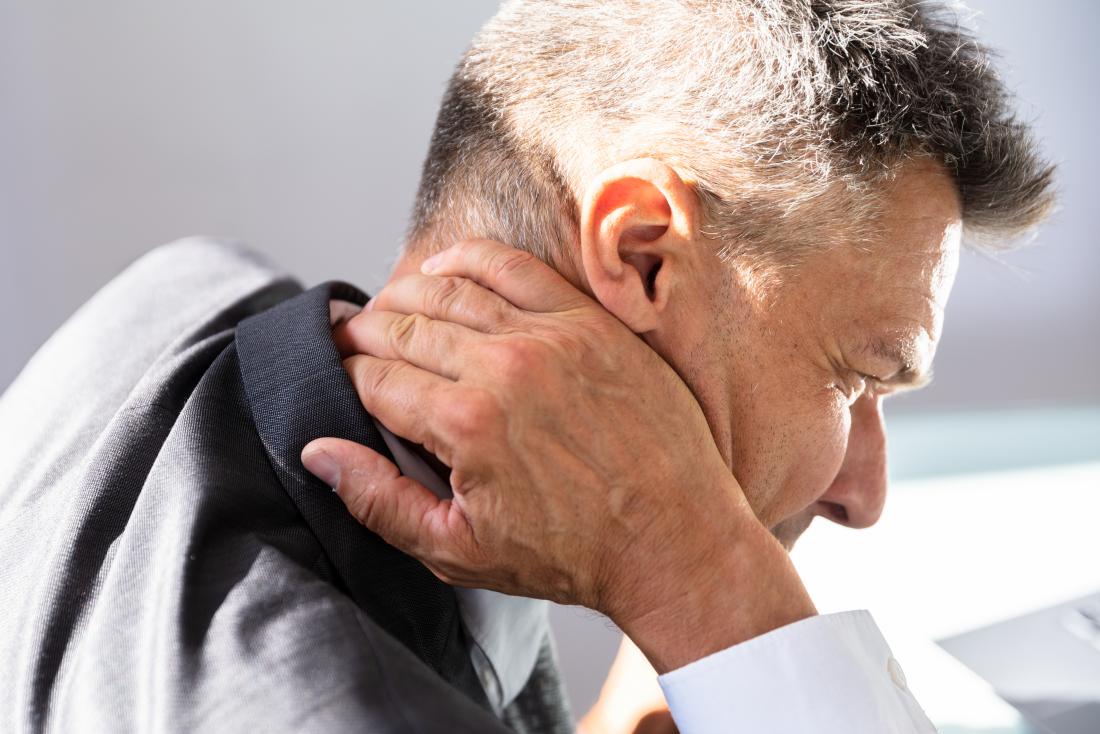



Cervicogenic Headache Symptoms Causes Diagnosis And Treatment




Treat Muscle Knot Pain In Neck Head Tiger Tail Usa




Headache Cole Pain Therapy Group




Headache Wikipedia
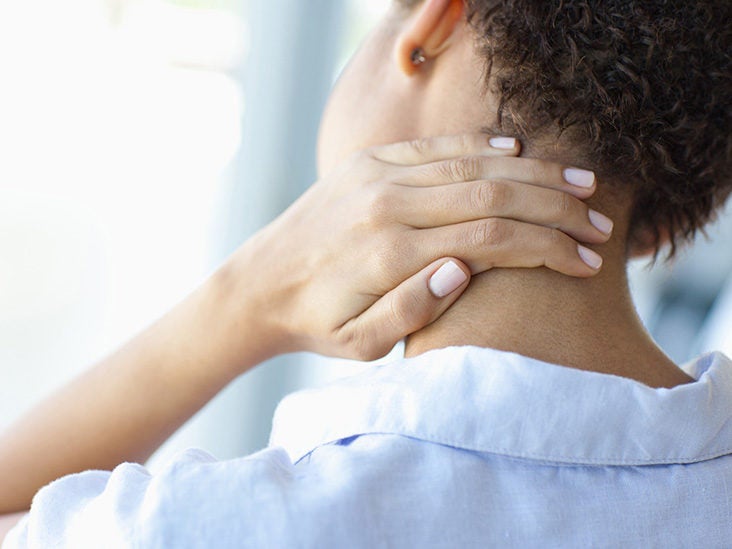



Occipital Neuralgia Symptoms Causes And Treatments



Head And Neck Platinum Physiotherapy
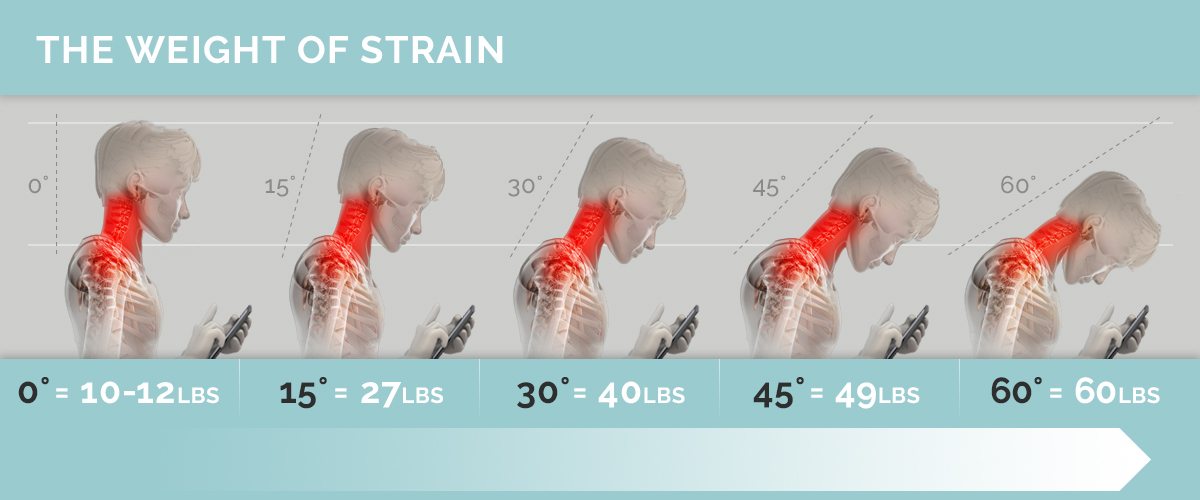



Tips To Prevent Tech Neck And Other Pain From Technology Use
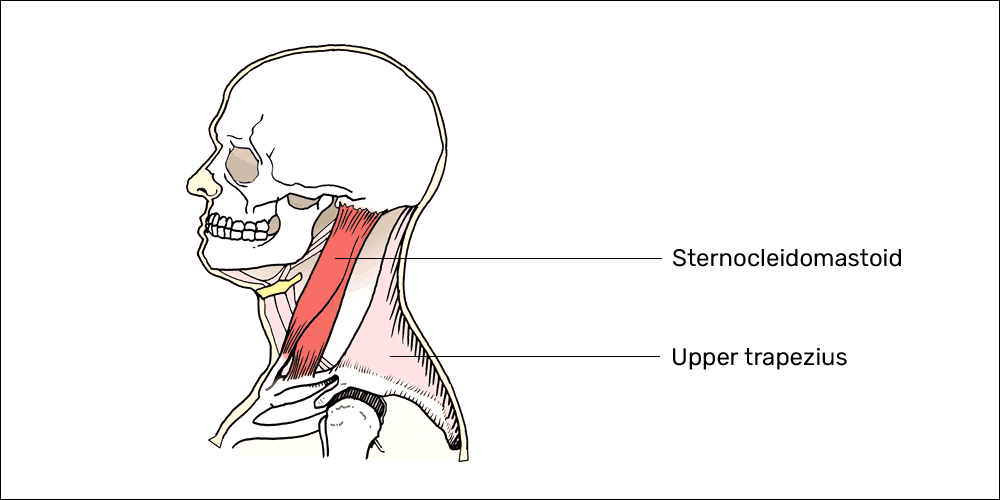



Tension Type Headaches A Common Struggle For Gamers Esports Healthcare




23 Best Headache Map Ideas Headache Migraine Headaches Migraine
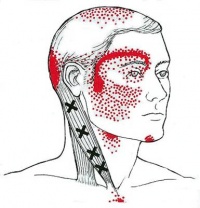



Cervicogenic Headache Physiopedia




Massage For Neck Pain Headaches Suboccipitals




Headache On Top Of Head Learn Causes And Solutions




Pin On Triggerpunkte Behandlung
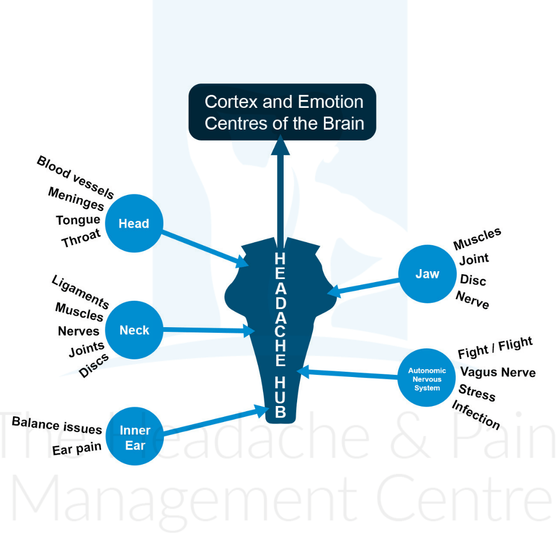



What Causes Headache And Migraine




Headache Hope Through Research National Institute Of Neurological Disorders And Stroke




Types Of Headaches And Location Headache Location Meaning




Cervical Dystonia A Pain In The Neck Pacific Neuroscience Institute




17 Types Of Headaches Locations Symptoms Causes Treatment
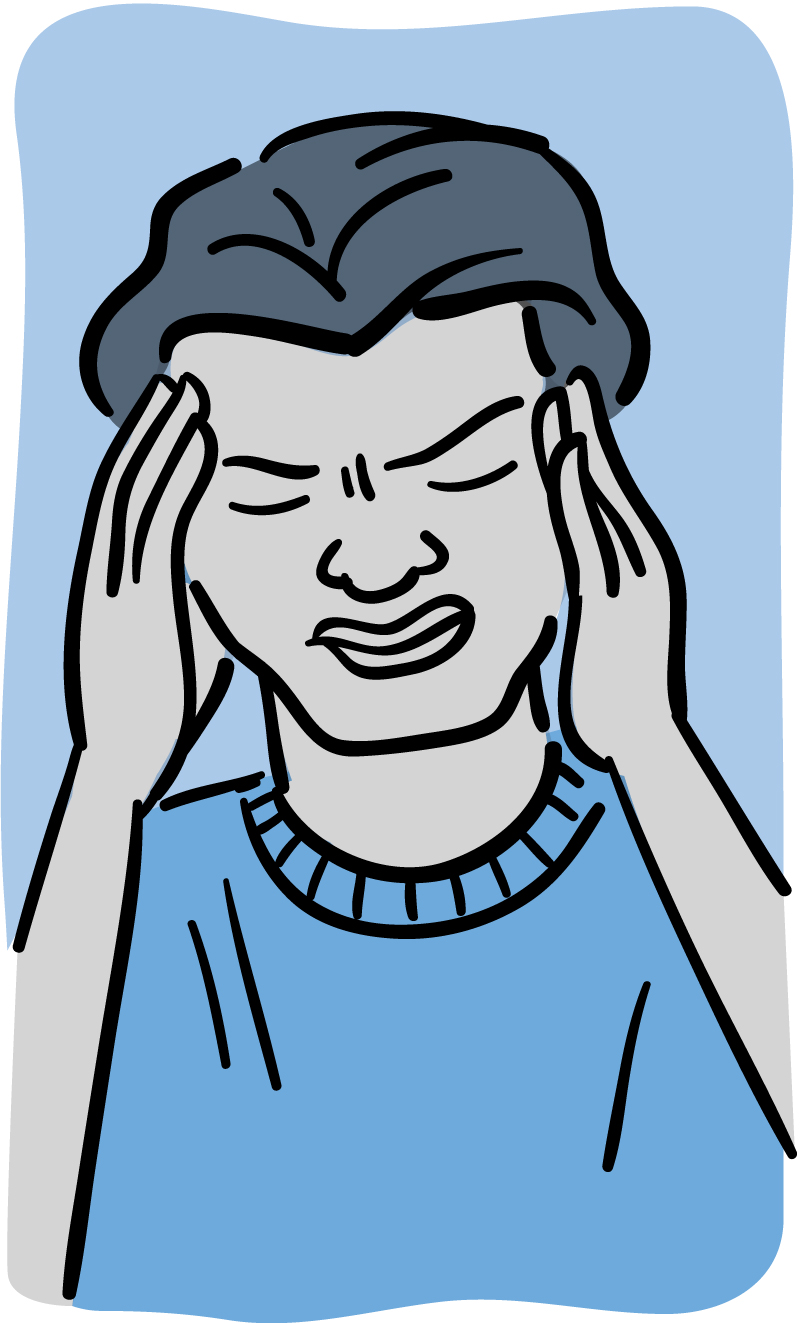



Headache Pain Nih News In Health




Cervicogenic Headache Diagnosis And Management
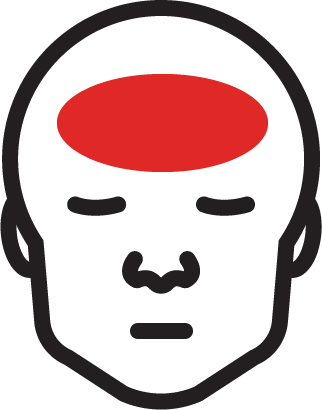



What Your Headache Is Telling You Advent Knows




What Causes Headaches At The Back Of The Head




Headache Location Chart What Your Headache Location Really Means Health Com
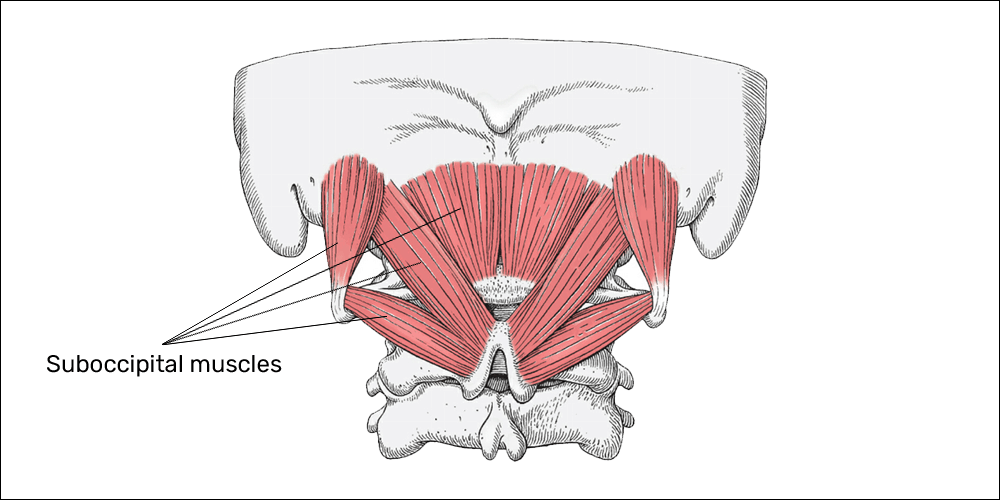



Tension Type Headaches A Common Struggle For Gamers Esports Healthcare




Headache Knowledge Amboss



1




Treat Muscle Knot Pain In Neck Head Tiger Tail Usa




Heat Meat And 9 Other Surprising Headache Causes Everyday Health
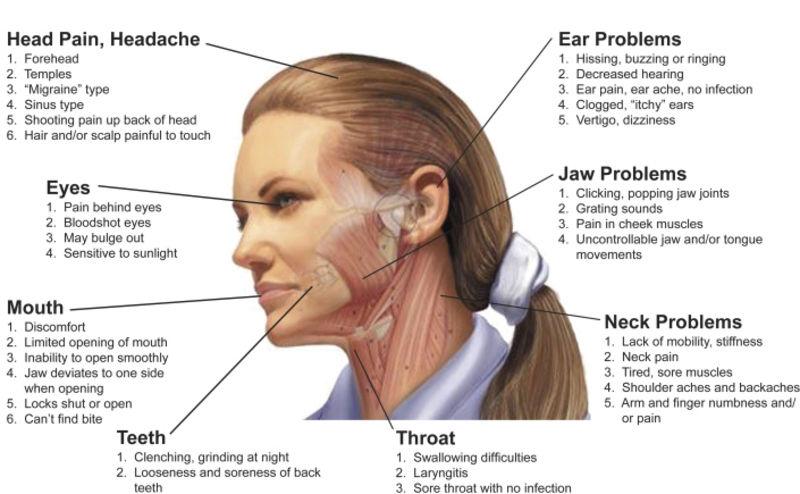



5 Signs Your Headache May Be Caused By Tmj News Emporiagazette Com
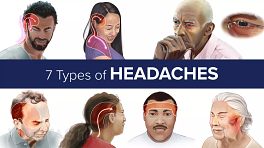



Cervicogenic Headache Symptoms
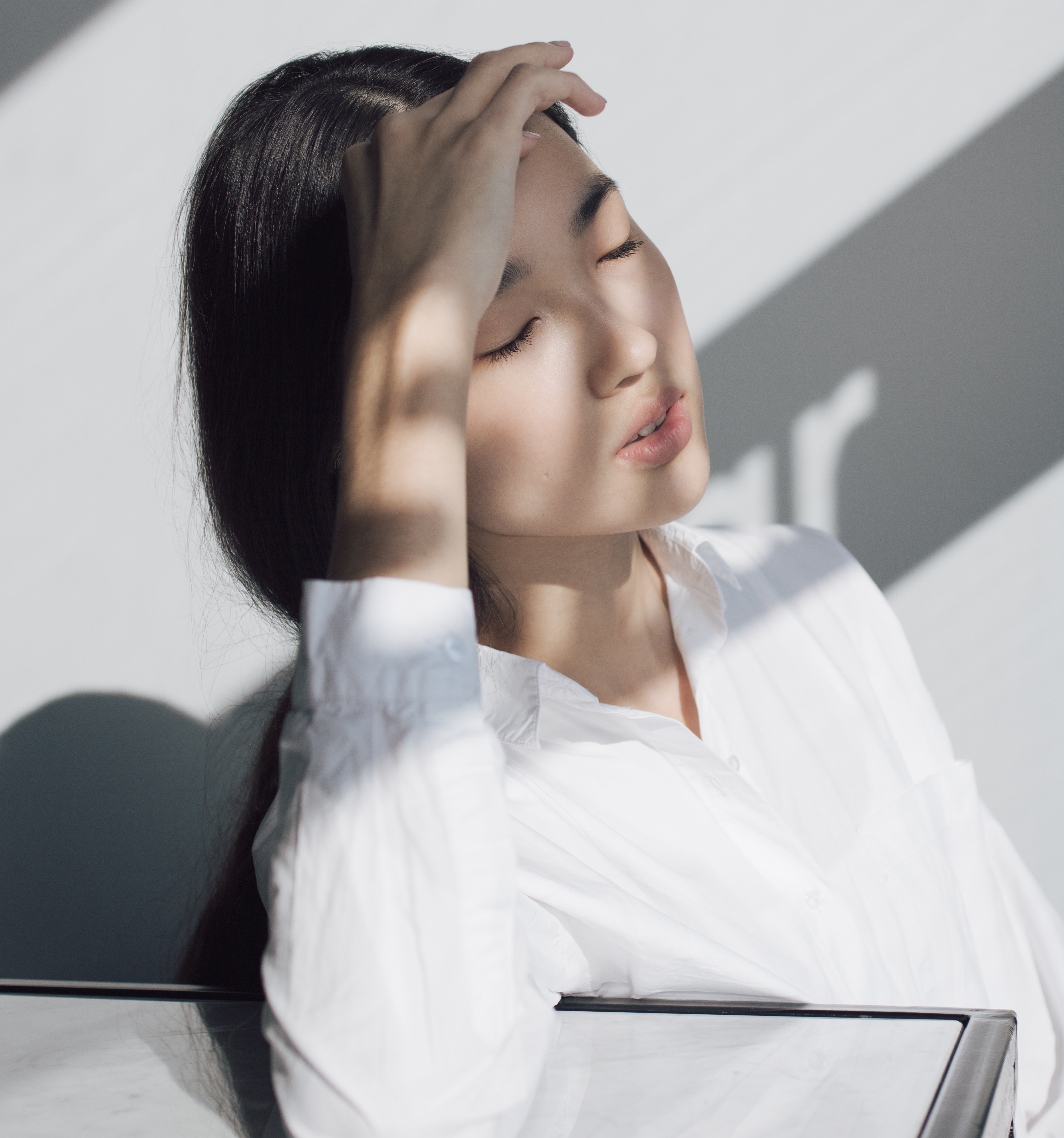



Migraine Vs Headache Here S How To Tell The Difference Cove Cove




Neck Pain Center Causes Treatments Exercises Relief




Northside Chiropractic Center Llc According To The International Headache Society Headaches Impact Almost 40 Of The American Population Migraines And Tension Headaches Alike Are Caused By Muscle Contractions In The Head
/pinched-nerve-headache-treatment-1719581-5c04ae4146e0fb0001cc1846.png)



Getting A Headache From A Pinched Nerve
/headaches-as-a-symptom-of-multiple-sclerosis-2440798-01-ac13321fbd2d4dca99f899a63b8ea265.png)



Headaches In Ms Types Symptoms Causes Diagnosis Treatments




Occipital Neuralgia And Suboccipital Headache C2 Neuralgia Treatments Without Nerve Block Or Surgery Caring Medical Florida




Brain Tumor Symptoms
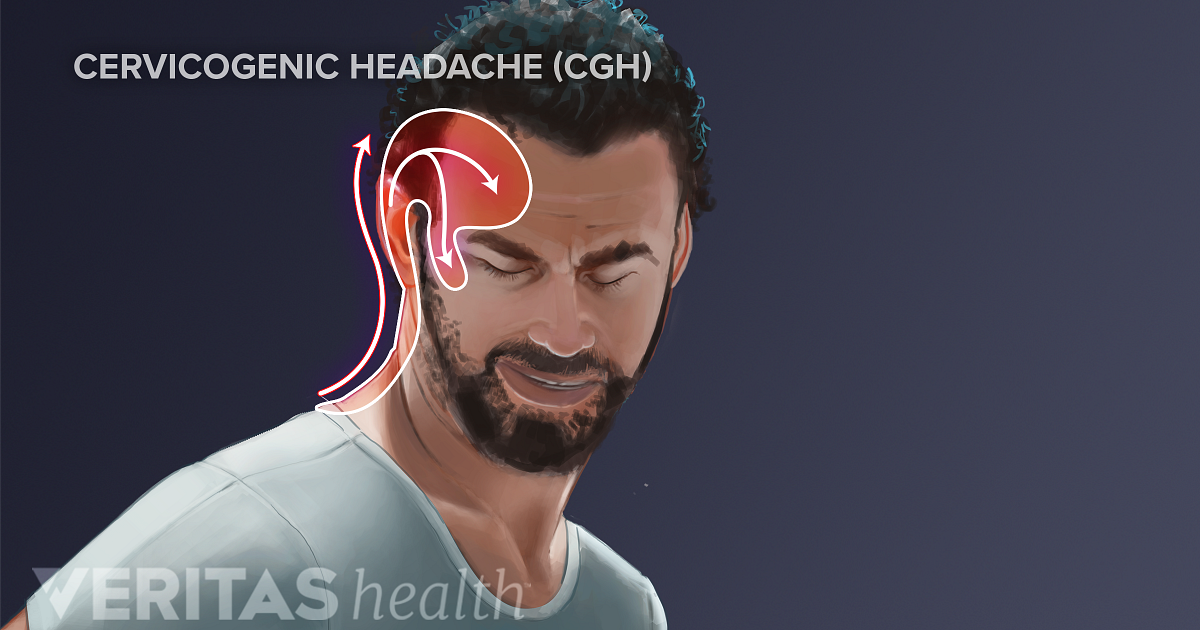



What Is Cervicogenic Headache
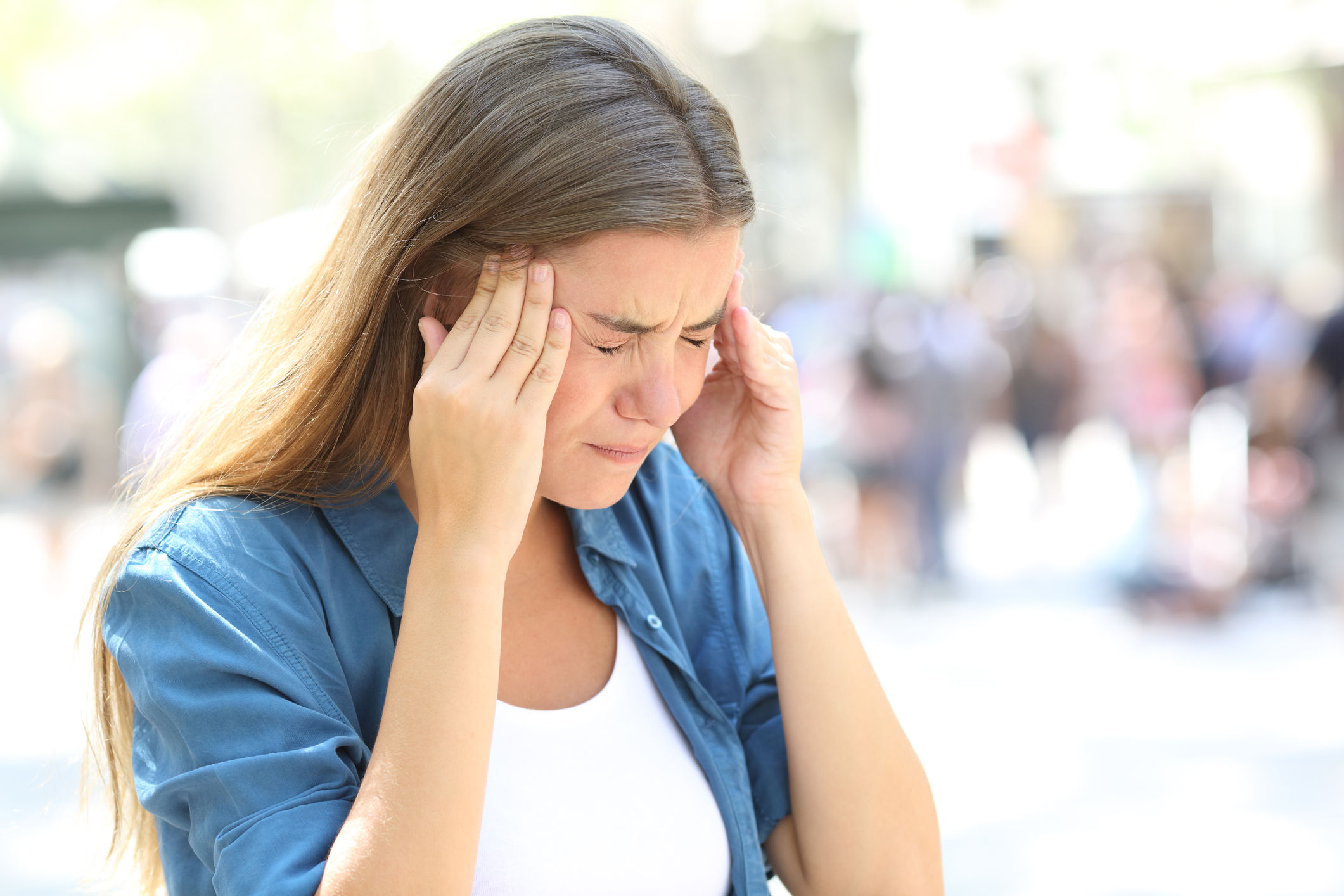



Headache Locations And Their Meanings Wtop




Different Headaches Types Of Headaches Chart Headache Types Different Headaches
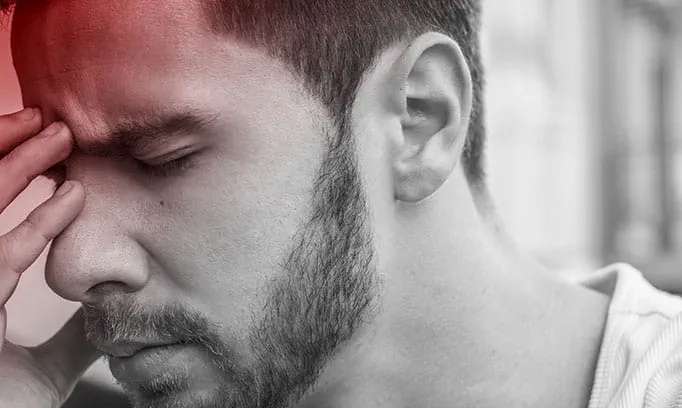



7 Signs Of A Dangerous Headache Allina Health




Headache Knowledge Amboss




Migraine Vs Headache How To Tell The Difference




Neck Pain And Tension Headache




What Causes Headaches Types Location And Treatments
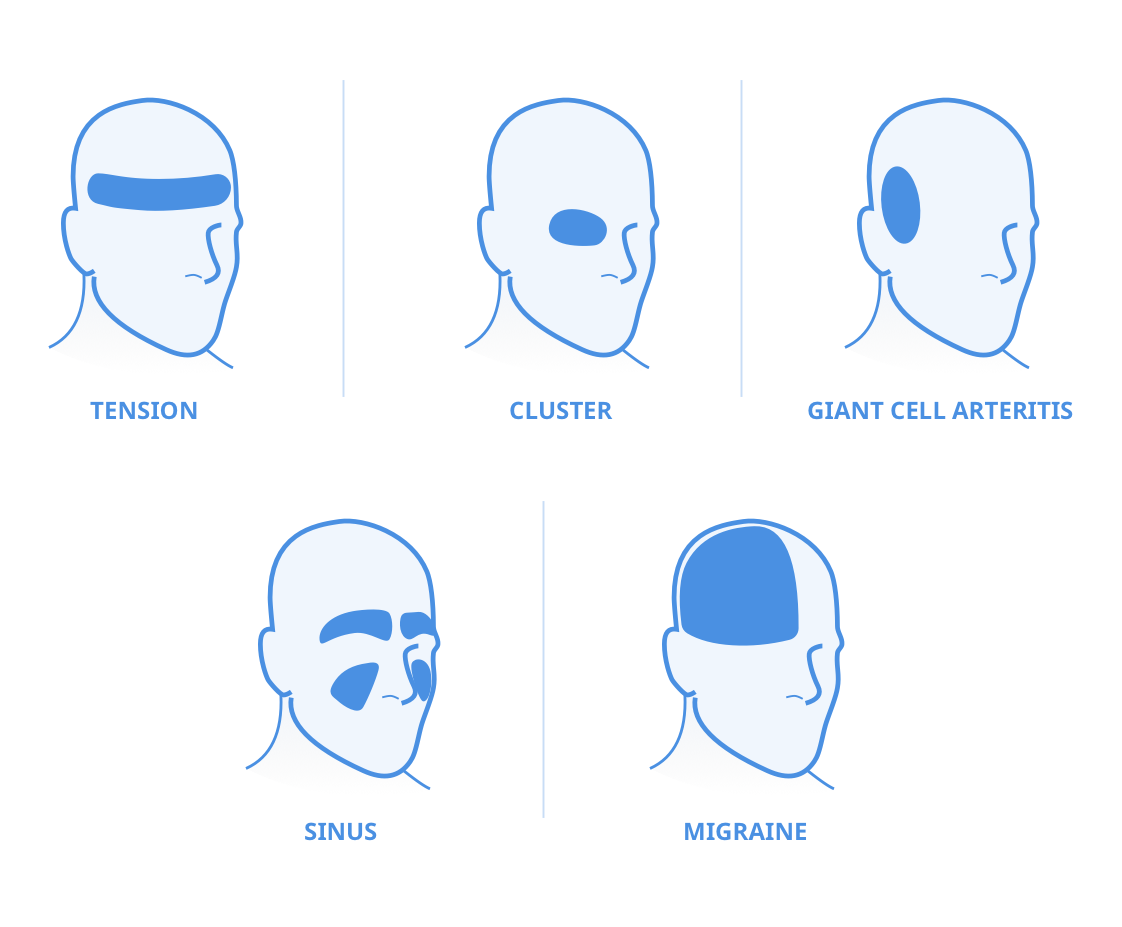



5 Types Of Headache And Their Locations
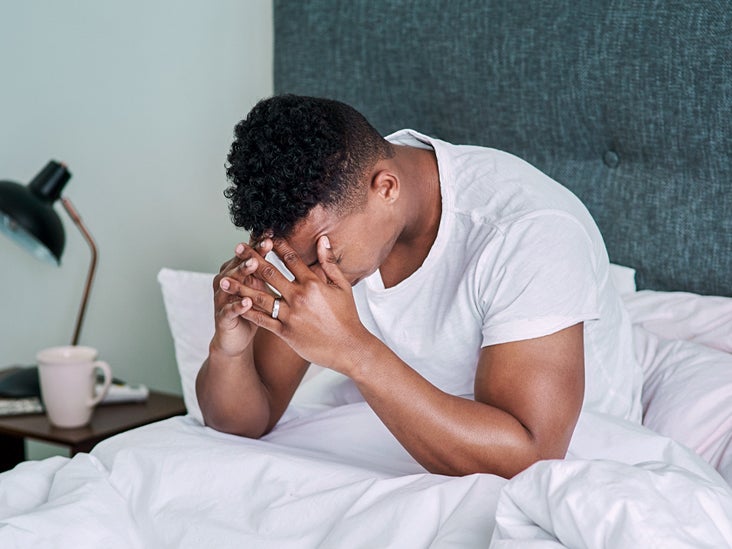



Headache Location Meaning What Can It Tell You




When Should You Worry About A Headache Queensland Health




Pain In The Back Of The Head 5 Causes And Their Treatments
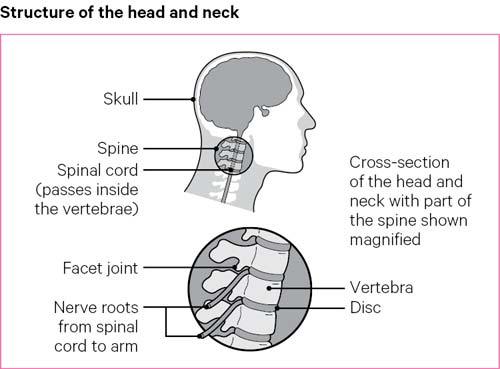



Back Pain Causes Exercises Treatments Versus Arthritis




Crown Of Head Conditions Injuries And More




Headache Location Chart Does Headache Location Matter




Signs You Should Worry About Your Headache Or Migraine Attack Everyday Health




A Cure For Your Headaches Migraines Pain Specialist Physiotherapist



1
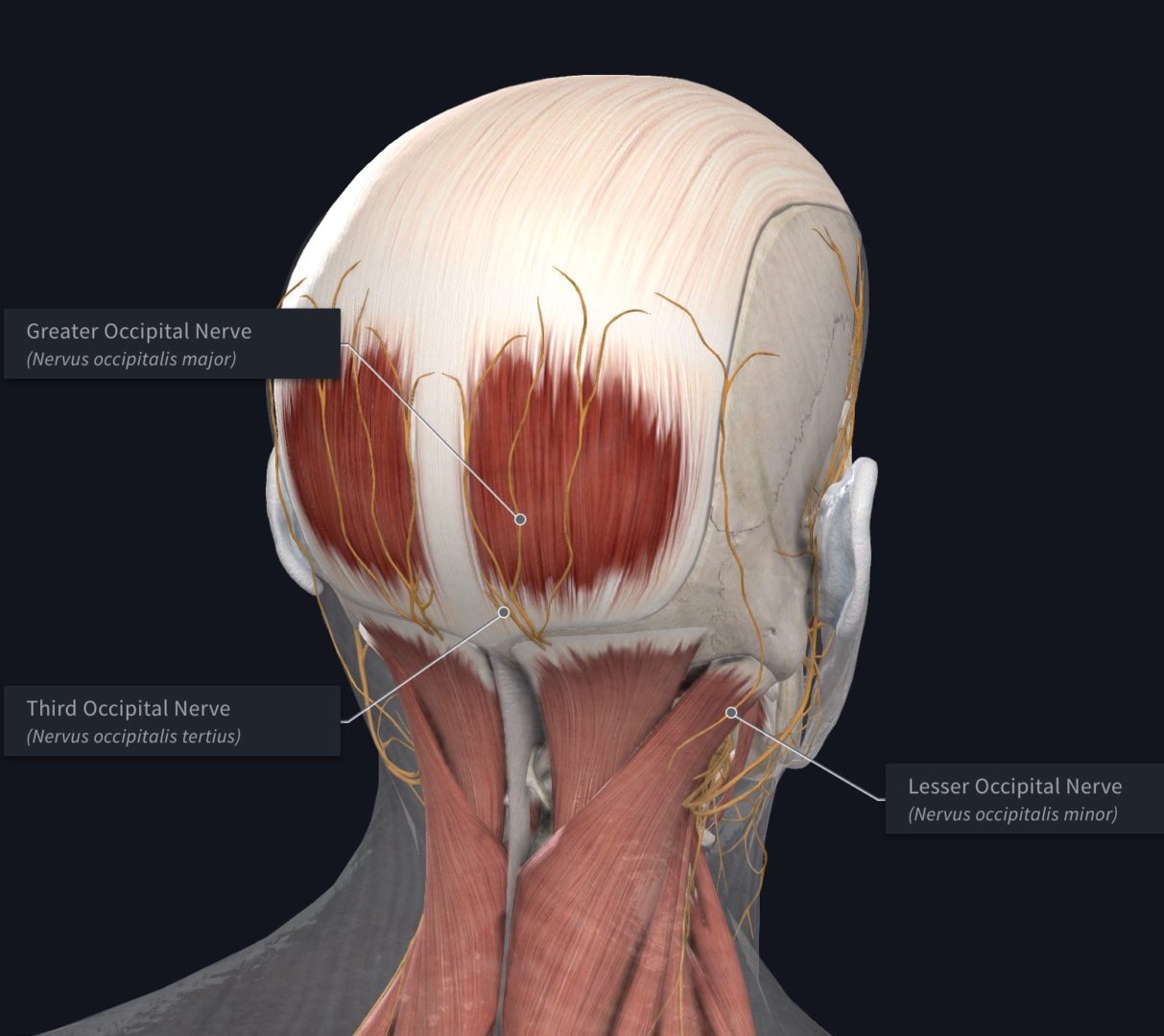



Occipital Neuralgia Treatment Ca Nerve Pain Treatment Santa Barbara
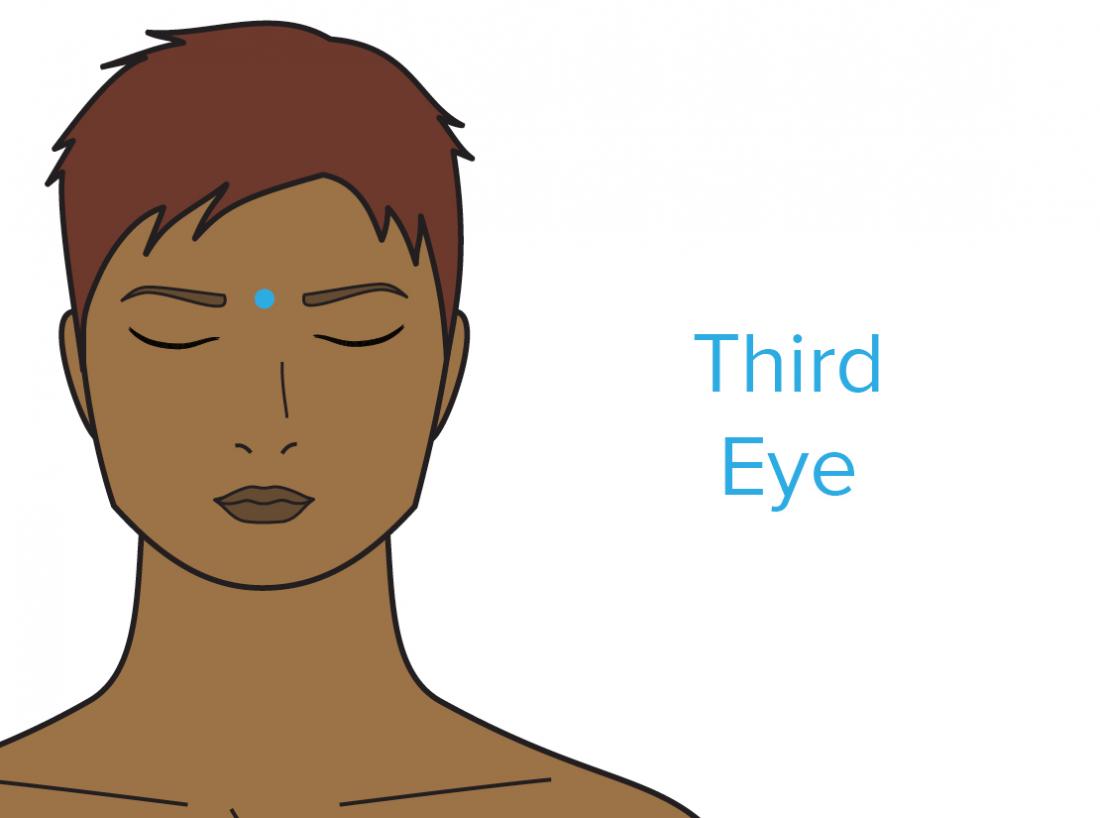



Pressure Points For Headaches Locations Effectiveness And Tips




Headache On Top Of Head Causes Dull Left Side And Right Side




10 Surprising Causes Of Constant Headaches Self




Cervical Dysfunction And Pain In The Head And Neck Causes And Osteopathic Options




Neck Headache Physio Works




Headache Location Chart Does Headache Location Matter
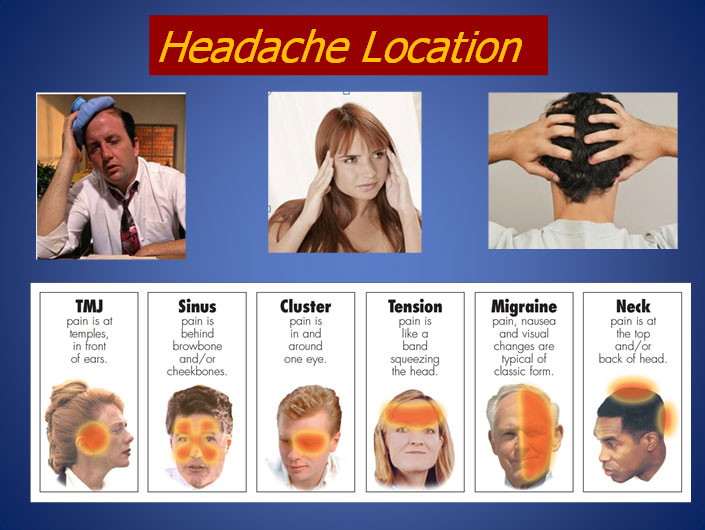



Blog
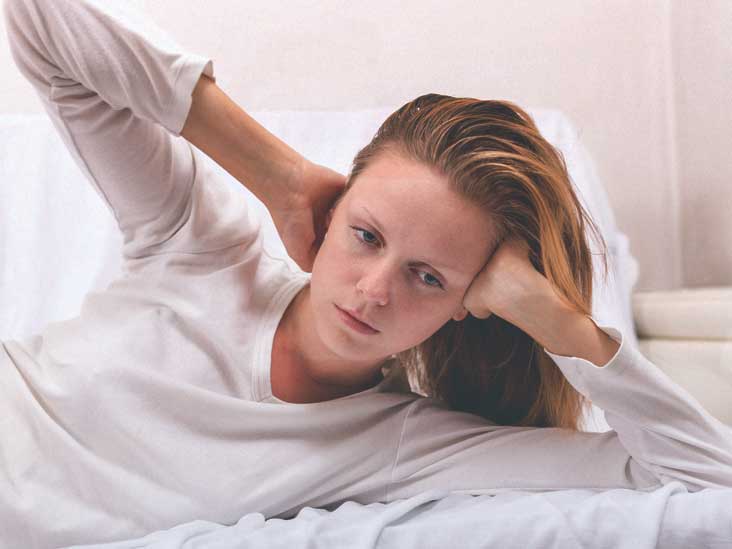



Pain In Back Of Head Causes Treatment And More



1




What Causes Migraines Migraine Symptoms Familydoctor Org




Treat Muscle Knot Pain In Neck Head Tiger Tail Usa
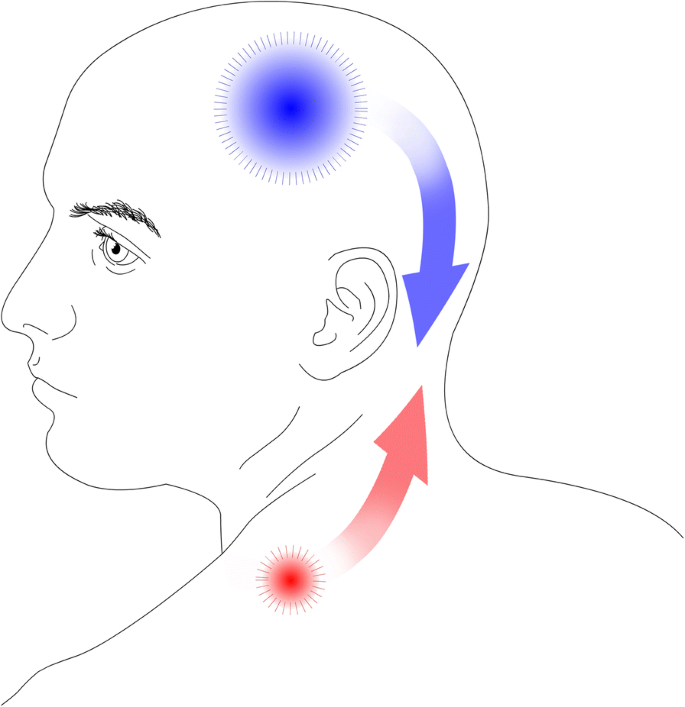



Myofascial Trigger Points In Migraine And Tension Type Headache The Journal Of Headache And Pain Full Text



Headache Symptoms Causes Diagnosis Headache Treatment



Symptoms Of Headache Western New York Urology Associates Llc
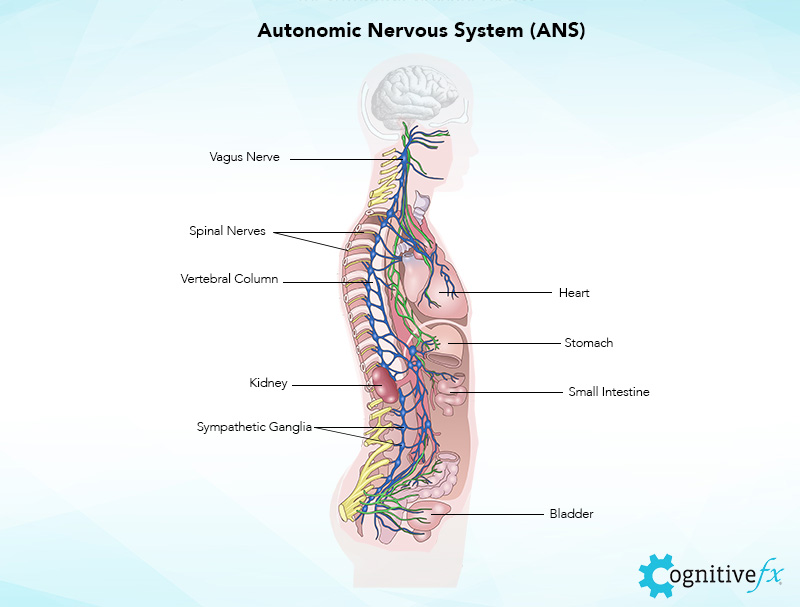



Concussion Headaches Or Post Traumatic Headaches Cognitive Fx




Mild Headache Causes Types Home Remedies Treatment
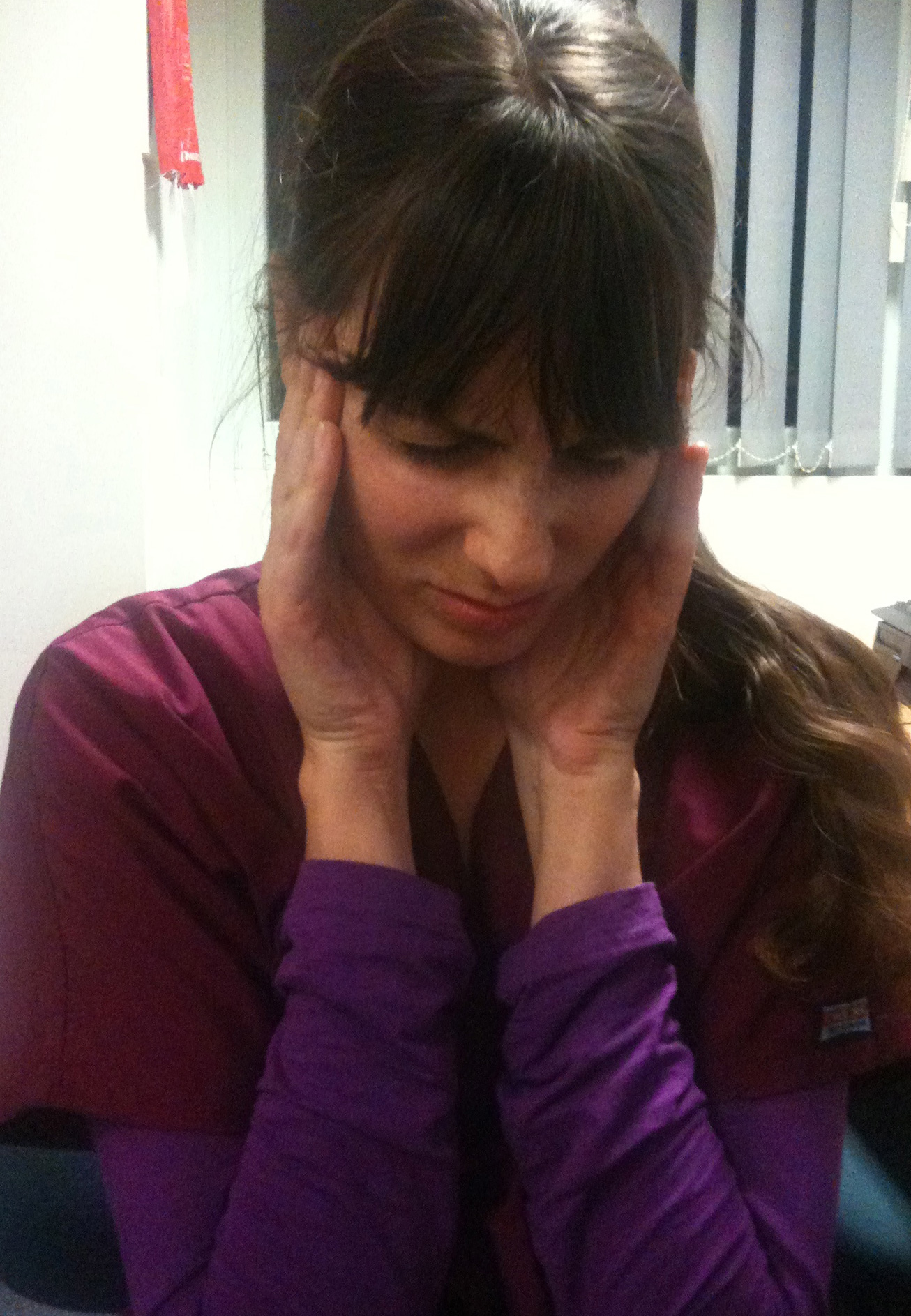



Tension Headache Wikipedia
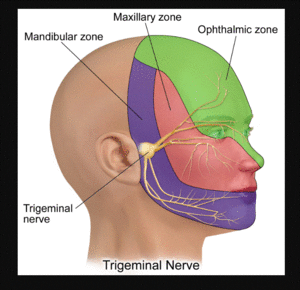



Headaches And Dizziness Physiopedia




Migraine Information Mount Sinai New York




Tension Headache Symptoms Causes And Treatment
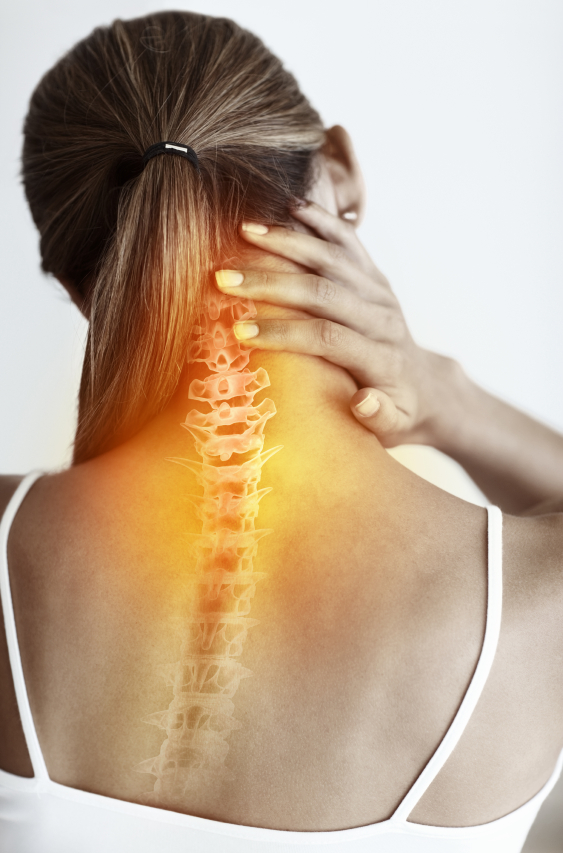



Ouch What S This Shooting Pain In My Head And Neck
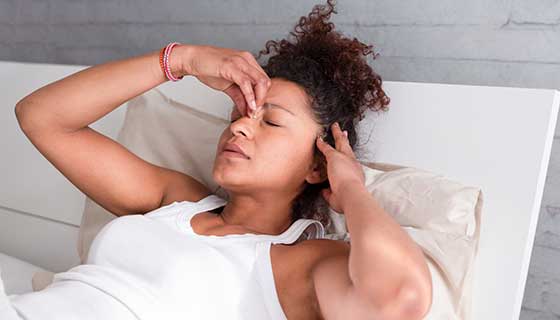



Migraine Headaches Johns Hopkins Medicine
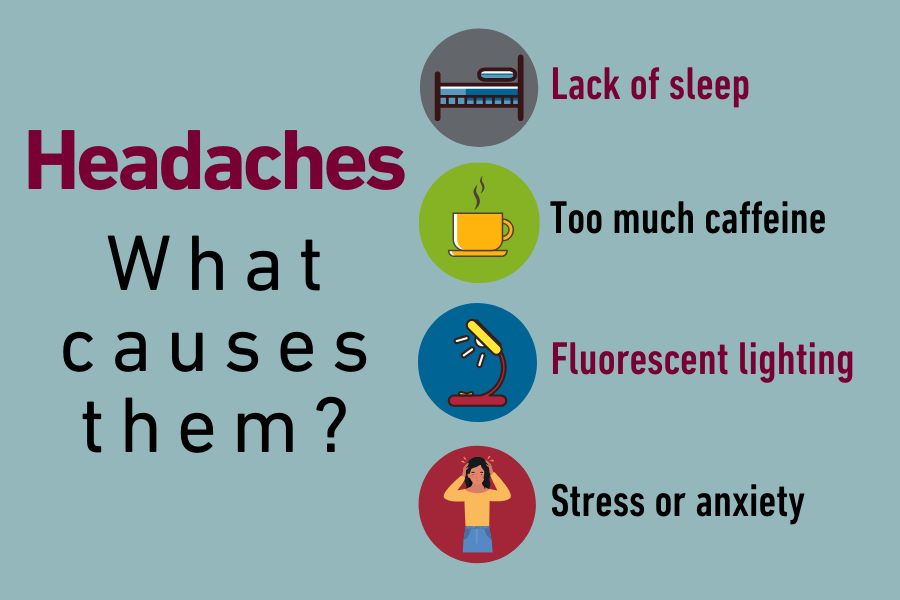



Advice On What S Causing Your Headaches Temple Health




Understanding Migraine Headache Location And Meaning




Heachaches Back Of The Head Self Myofascial Release Part I Youtube




4 Common Types Of Headaches Symptoms Duration Neurosurgery Associates Columbus Ohio




Neck Pain Red Flags And When Not To Worry Orthopedic Sports Medicine




Migraine Headaches Johns Hopkins Medicine



0 件のコメント:
コメントを投稿